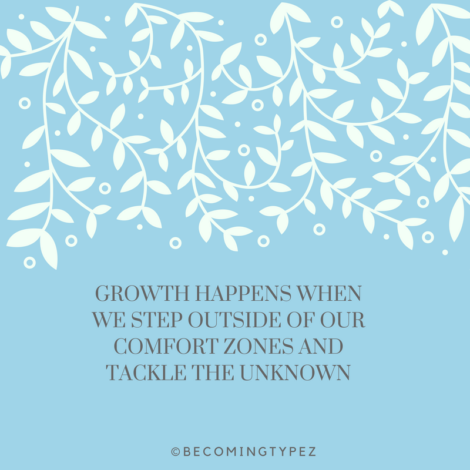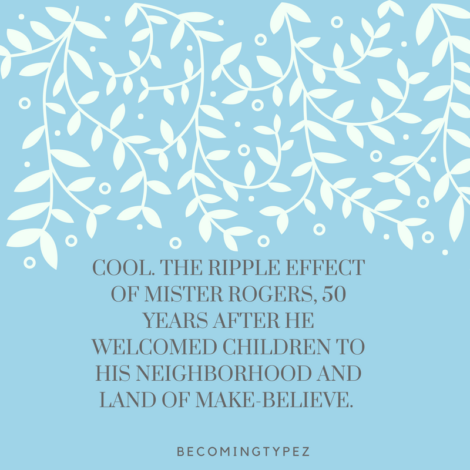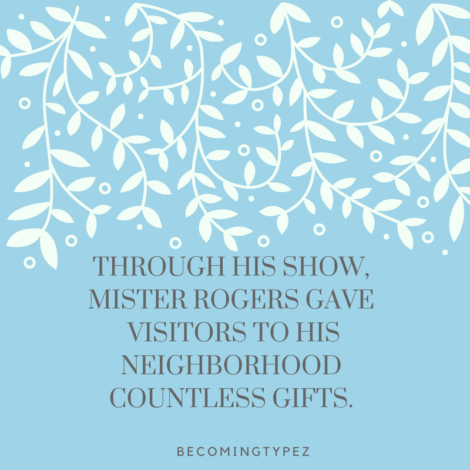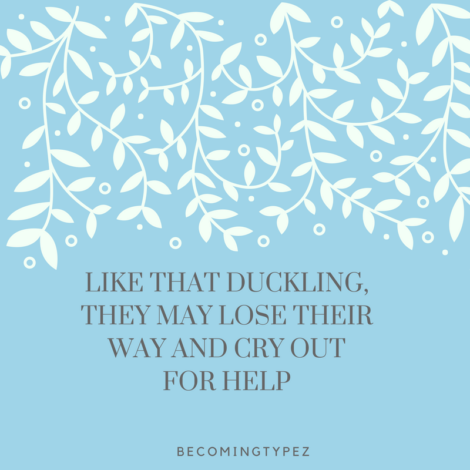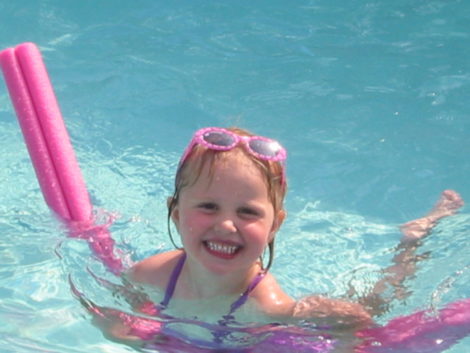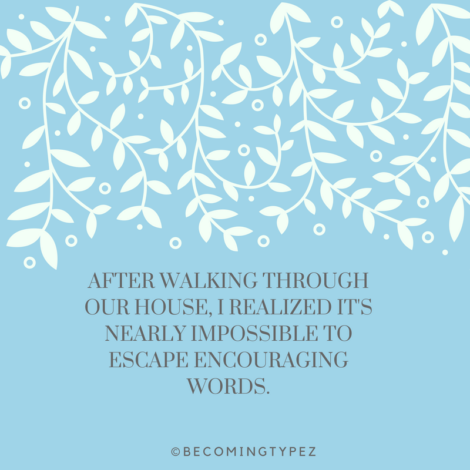 Every profession has its jargon and my field, education, has lots. One term we teachers hear used a lot is “literacy-rich environment,” sometimes referred to as “text-rich environment.” Educators invest time and energy creating literacy-rich classroom environments to promote literacy, a cornerstone of academic success and life-long learning.
Every profession has its jargon and my field, education, has lots. One term we teachers hear used a lot is “literacy-rich environment,” sometimes referred to as “text-rich environment.” Educators invest time and energy creating literacy-rich classroom environments to promote literacy, a cornerstone of academic success and life-long learning.
So, what exactly constitutes a literacy-rich environment, you may wonder? Well, according to the experts, a literacy-rich environment is a classroom that has lots and lots of things for kids to read-ranging from calendars and schedules to books and magazines, as well as instructional posters and teaching charts, to name a few. A literacy-rich environment includes a wide variety of writing materials, as well. “Writing materials” encompasses everything from the expected classroom writing tools, paper and pencil to markers, crayons, chalk, dry-erase boards and rubber stamps. There are so many ways we teachers can cultivate our spaces to inspire and support student literacy.
The other day I prepared my daughter’s bedroom for her weekend visit home. As I dusted and tidied, I looked at her space with a critical eye. Not very surprising, her room is a text-book example of an incredibly literacy-rich environment. We’d fostered a love of reading, writing and self-expression in our home, so it was no surprise to find she’d filled her space, made it engaging, inviting the visitor to “read the room.” On one wall there are shelves filled with novels and textbooks, on another a bulletin board with handwritten notes and acceptance letters, a poster sized map of New York City. Another wall in her room is a massive chalkboard filled with doodles and some of her favorite quotes collected from books and artists. Reading my daughter’s room made me smile, appreciating the gift of the person who curated this space. I realized this is the space of an engaged learner, but more importantly, it also the private space of an inspired, brave, feeling person. The items she’s collected and displayed provide her with artistic inspiration and encouragement to put herself and her work out in the greater world.
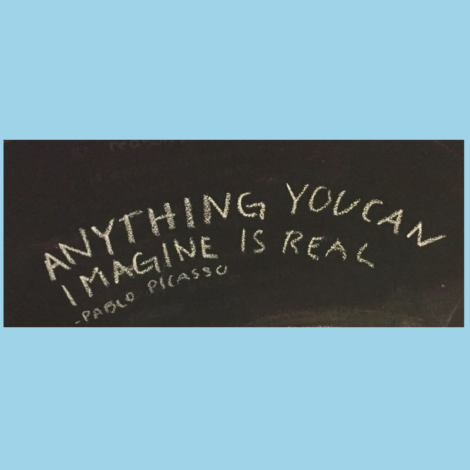
Then it hit me, her room is what I call an “encouragement-rich environment”! Curious, I decided to take an observation walk around the house. (This is a learning activity in which teachers lead students on a walk, typically around the school, encouraging them to look closely, notice things in their environment and make discoveries.) In a matter of minutes, I found my daughter’s room was not unique in being encouragement-rich. I found evidence of inspiring, “you can do its” in just about every space. Postcards with trust your gut sayings are pinned to the kitchen bulletin board. Mugs stored in the cabinet declare, “You are my Sunshine.” Our daughters’ original art hangs on the walls, beautifying the space while validating their life choices. In our office, a sign states that “Good things come to those who create.” In the living room, a book shelf is filled with novels by authors whose stories of perseverance while navigating the publication process serves as my personal motivator. Encouragement abounds in our house.
I thought about the choices I’d made when decorating our house to create an environment that was safe, but promoted creativity and risk taking. I thought of the pillow I’d bought encouraging my daughter to “believe in her dreams,” pursue a career in the arts, the coffee-table book of successful, contemporary female artists that both of my daughters received one Christmas.
After walking through our house, I realized it’s nearly impossible to escape encouraging words. And this makes me so happy. I thought about when my girls were little, when I told them to “use their words,” express themselves. I see that I had been doing just that, too. Using words. Not only to bolster my daughters’ literacy skills and promote a love of learning, but to encourage and lift them up.
©Kathie Z.

